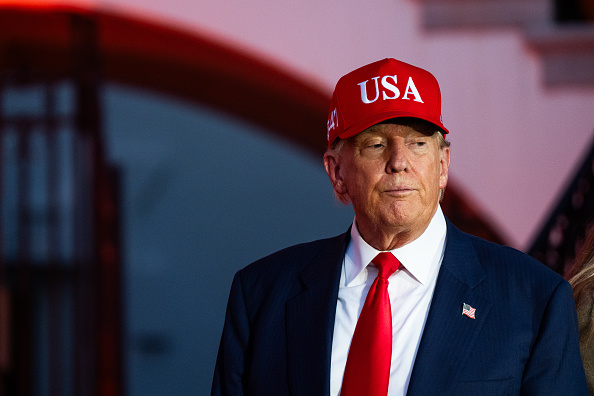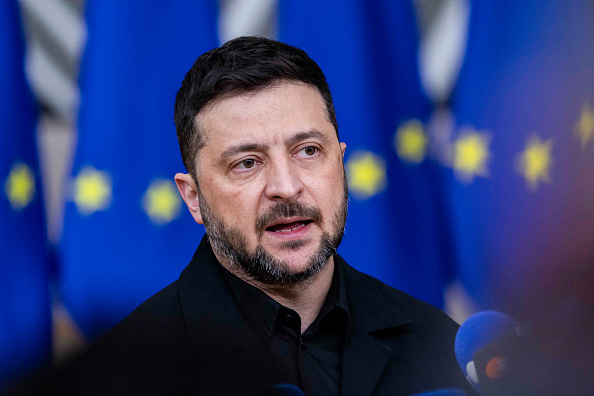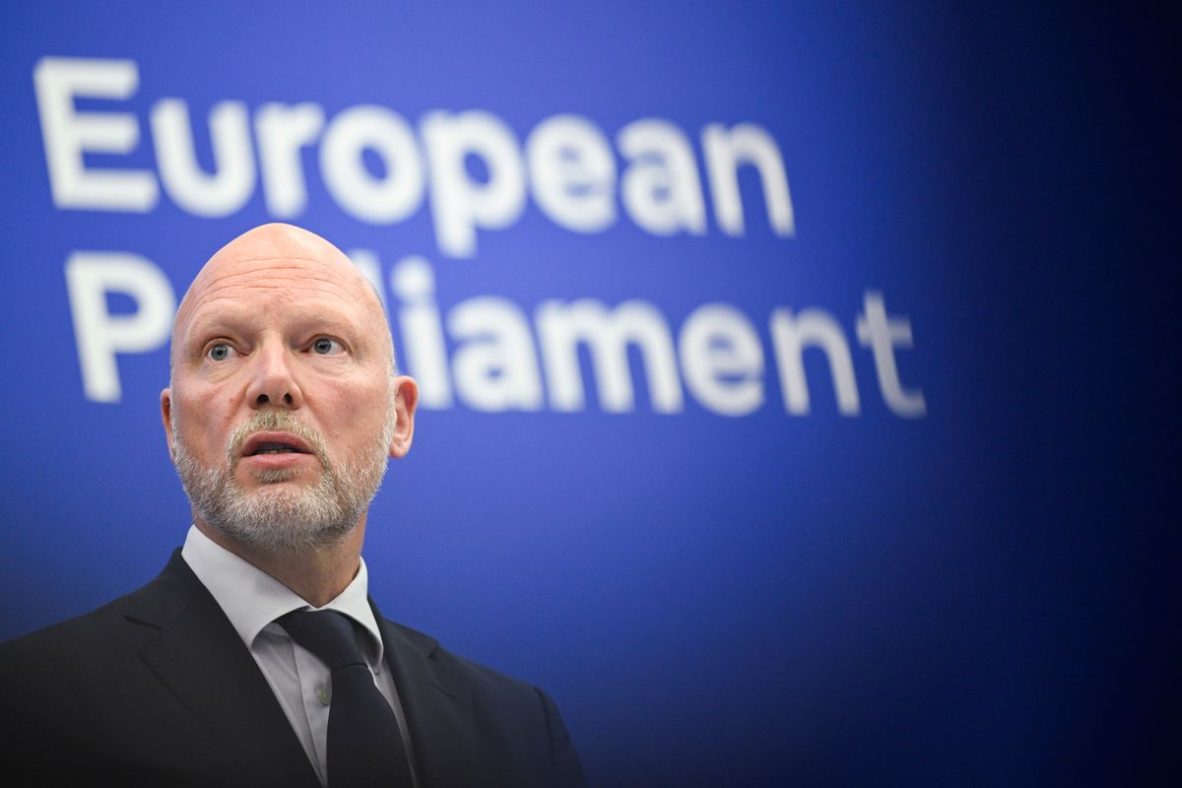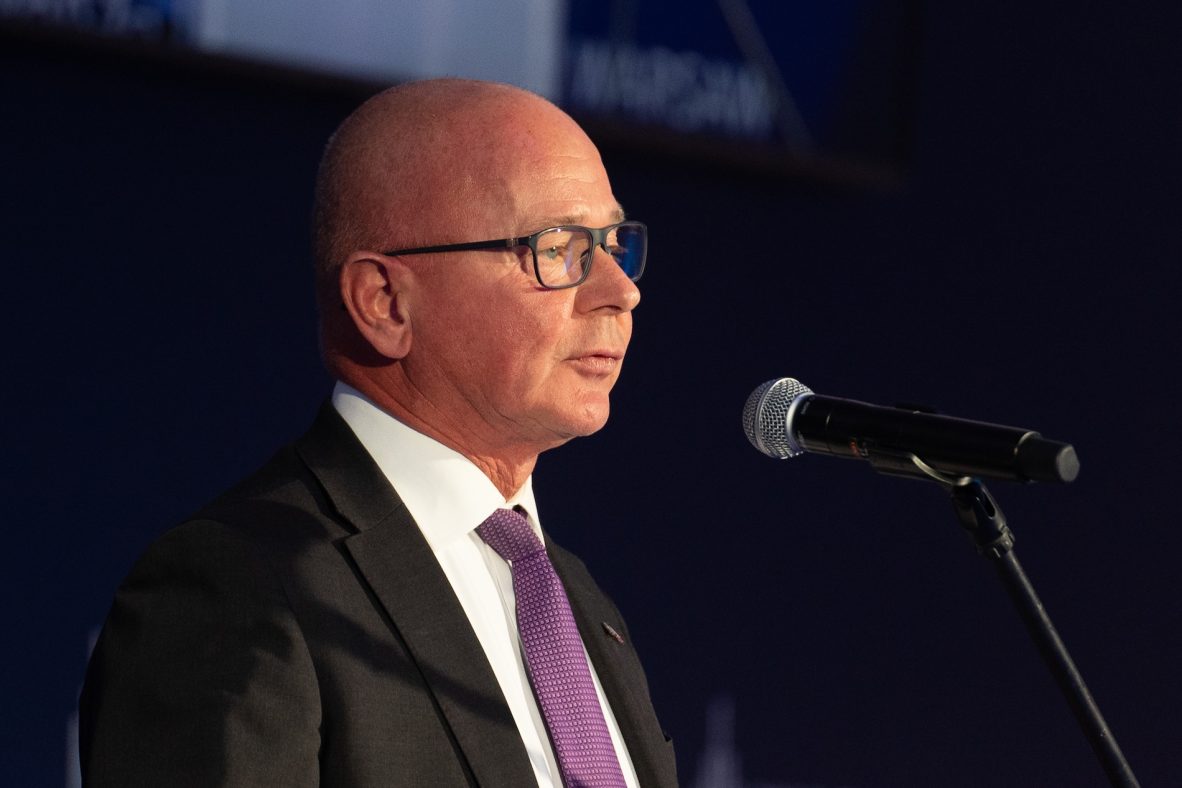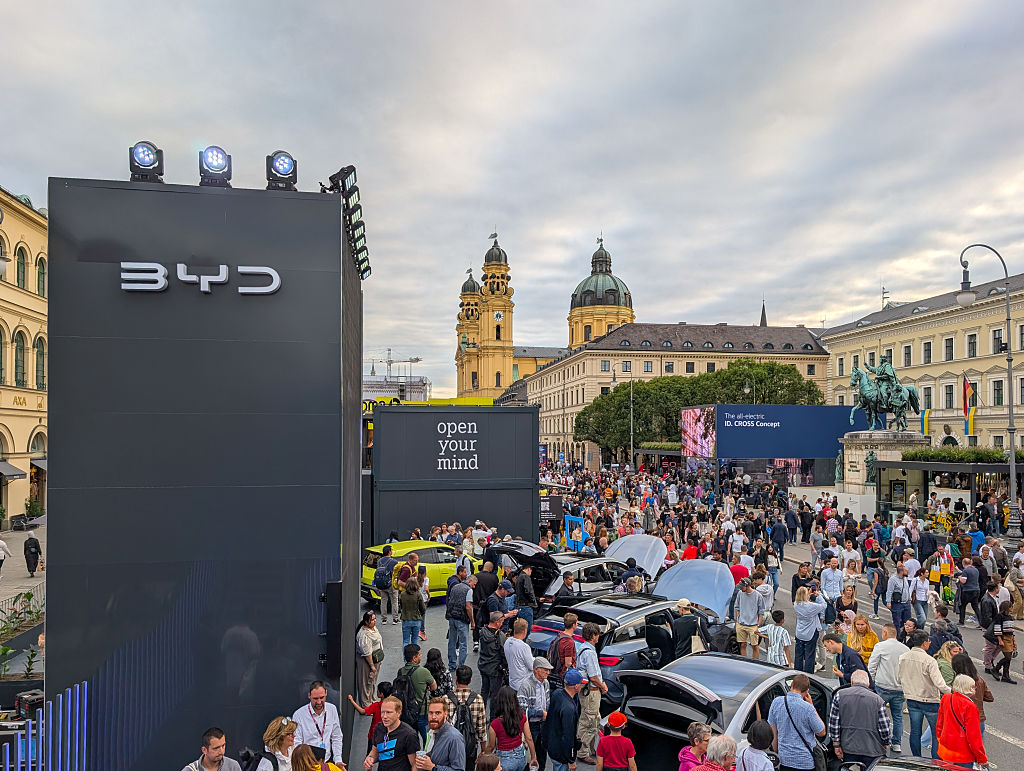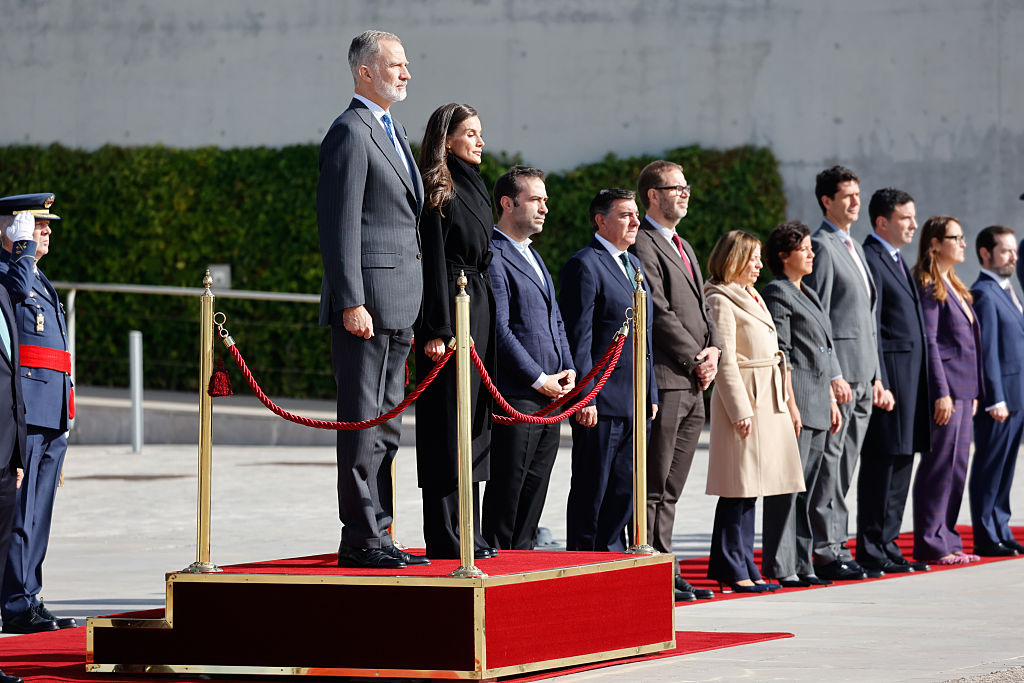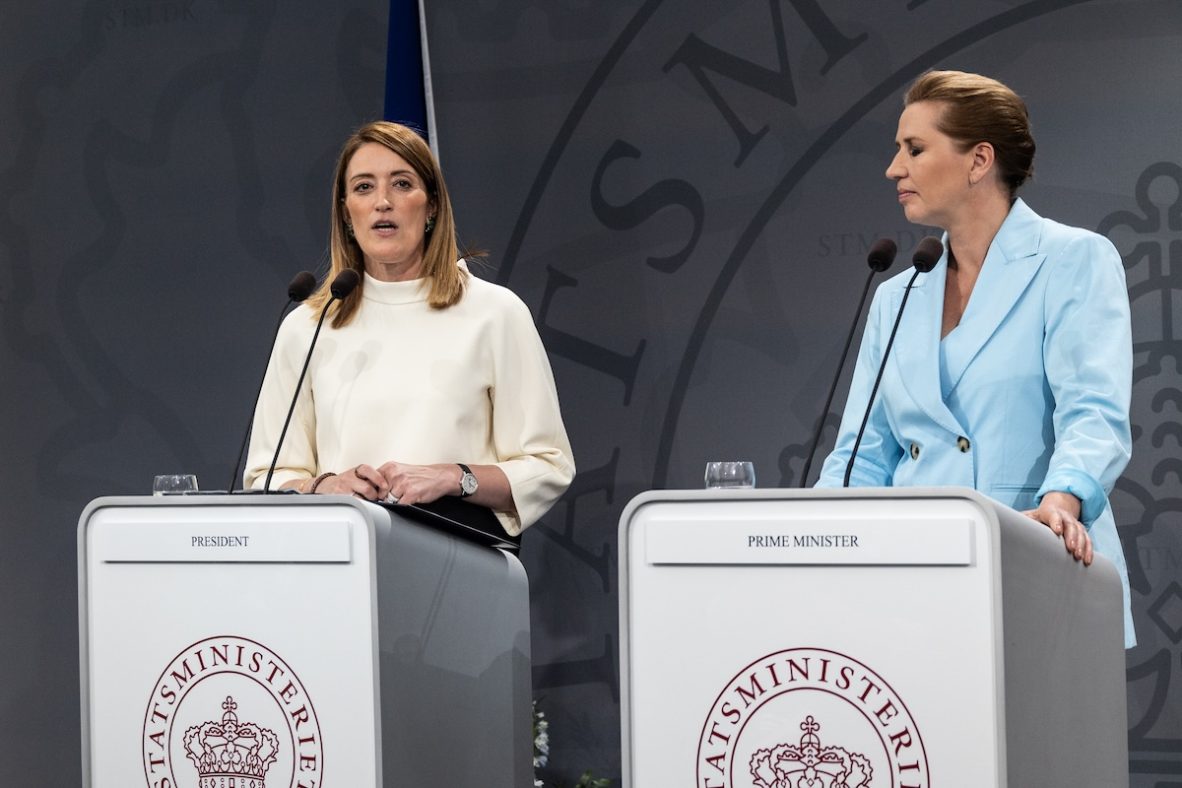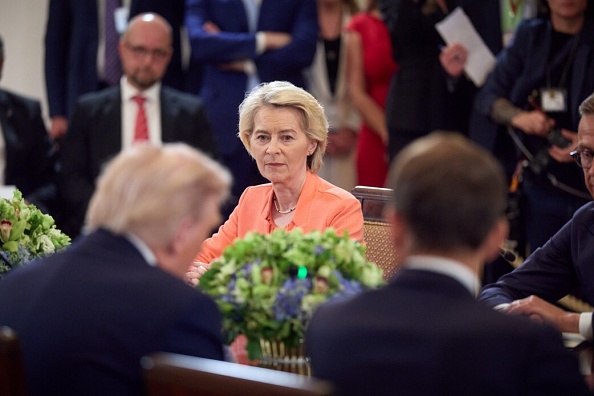Half a century on, China and the EU keep pitching for common ground
Frank and open discussion pave the way for ‘fair’ and mutually beneficial trade relations.
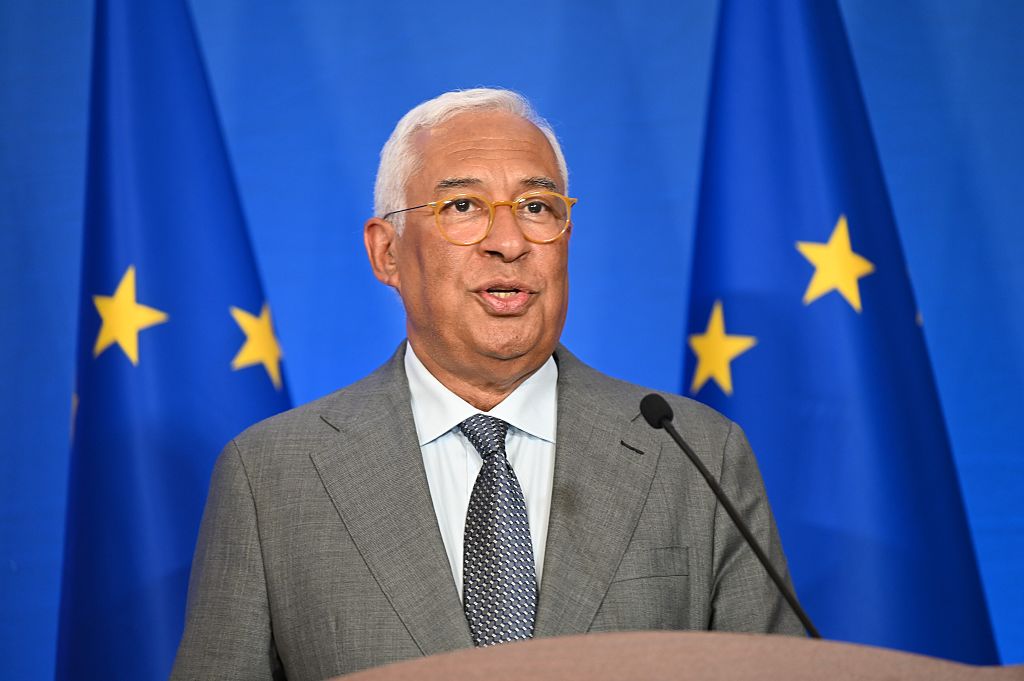
The European Union-China summit held in Beijing, and shortened at the request of the Chinese, delivered exactly as expected – lengthy discussions on longstanding issues and a tacit agreement to disagree on Ukraine.
Although the mood before the summit was sour, European Council President António Costa walked out of Beijing’s Great Hall of the People in optimistic spirits, visible in the joint press conference with Commission President Ursula von der Leyen.
Thanking China for the “frank” and “open” discussions, Costa highlighted the EU’s commitment to deepening the bilateral relationship with Beijing, addressing key concerns with honesty.
Pointing to the EU and China’s significant role in shaping the world order, Costa said the sides discussed ways to jointly tackle climate change, peace and security, as well as trade distortions, imbalances, and market access.
“Fair and mutually beneficial trade relations are possible and should be our joint aim,” Costa said, before giving the floor to von der Leyen.
Smiles, camera, inflexion!
The Commission President repeatedly used the phrase “inflexion point” to describe the current relationship between the EU and China, which has reached the 50-year mark. She called on China to “come forward with real solutions”.
Suggesting that the EU may need to reduce its level of openness to Chinese imports if it does not see more reciprocity from Beijing, von der Leyen also said that Chinese leaders had expressed willingness to support more consumption.
Beyond overcapacity, the sides also tackled the issue of critical raw materials supply from China, with von der Leyen announcing an “upgraded export supply mechanism”, designed to check and solve problems along the way.
During the summit, the sides agreed to a joint press statement on climate change, committing to turn respective “climate targets into tangible outcomes”.
‘Proper handling of frictions’
Mincing no criticism towards Brussels’ trade actions against Beijing, Chinese President Xi Jinping urged European officials visiting the capital to “properly handle differences and frictions”.
“The current challenges facing Europe do not come from China,” Xi told von der Leyen, Costa, and the EU’s High Representative for Foreign Affairs, Kaja Kallas, in the Great Hall of the People.
“It is hoped that the EU can remain open in the trade and investment market, and foster a sound business environment for Chinese enterprises investing and operating in the EU,” Xi stressed to his guests.
The Chinese President also called on EU leaders to “make correct strategic choices”, denouncing Brussels’ hawkish stance towards his country.
Ukraine, agree to disagree
But the one topic where divergences cannot be veiled or sugar-coated is that of Ukraine. Answering journalists, von der Leyen said China should use its influence and convince Russia to negotiate peace.
“China has an influence on Russia, like the EU has an influence on Ukraine. It is our expectation that China uses this influence to make sure that Russia is coming seriously to the negotiation table,” the Commission President said.
In his remarks, Costa reminded everyone that China is a permanent member of the UN Security Council, and as such has a special responsibility to push for a ceasefire between Russia and Ukraine.
However, no Chinese report from the summit mentions Ukraine or what has been dubbed China’s “tacit support” of Russia.
What could have been
A Chinese state media editorial framed the summit marking the 50th anniversary of China-EU diplomatic ties as a moment to reflect on the strength and potential of the relationship, rather than its challenges.
While China and the EU do not see eye to eye on every issue, disagreement should not be mistaken for confrontation. Instead, it promotes dialogue as the best way to manage differences and deepen mutual interests.
The commentary urges a return to mutual respect and constructive engagement, asserting that framing China as a “systemic rival” only fuels misunderstanding and undermines the potential of one of Europe’s most important partnerships.
Now that the summit has drawn to a close, its legacy remains uncertain. Lofty declarations and diplomatic courtesies aside, the real measure of success will lie in whether words translate into tangible progress.
The coming months will test whether this 50-year-old relationship is entering a new chapter – or merely circling familiar ground.
[Edited By Brian Maguire | Euractiv’s Advocacy Lab ]
